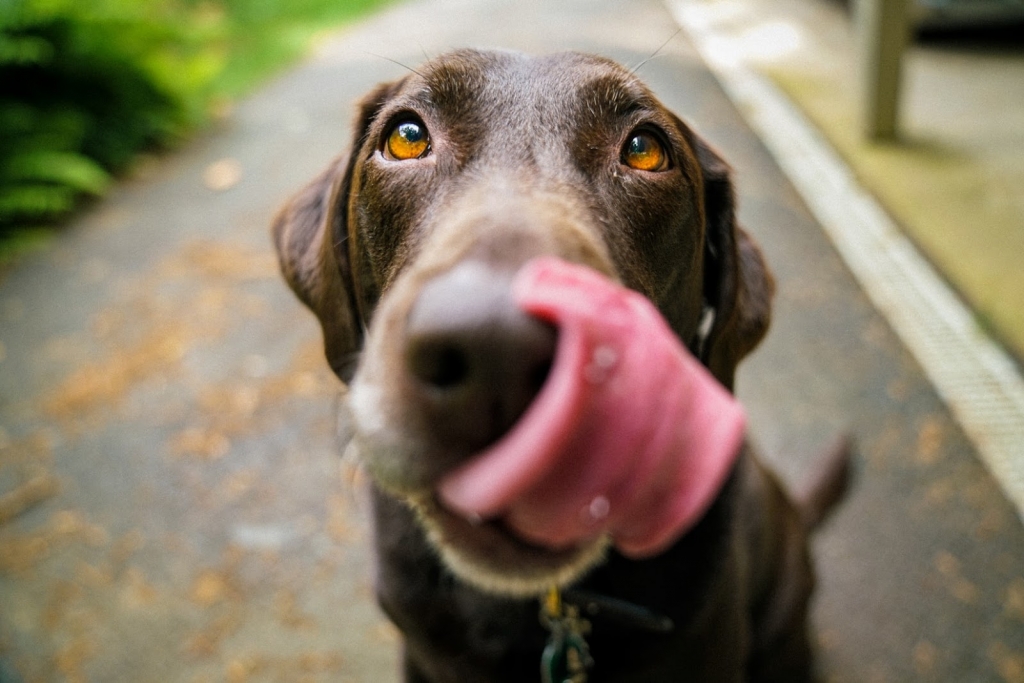
Dogs And Coronavirus: What You Need To Know
It’s a stressful time for many of us at the moment, with the COVID-19 pandemic affecting many different areas of our lives. From strangers and delivery people, to our friends and family, we’ve had to think carefully about the risk of infection in this new world.
But what about our dogs? Understandably, many owners are worried that their pet could contract the virus – or even pass it on to others. Dog walks are also a potential cause of concern, given the risk of encountering other people. So is this something that we should be worried about? COVID-19 is a new virus, and scientists are discovering more about it every day, so it has to be acknowledged that this is a developing situation. Let’s have a look at what the latest science has to say.
Can dogs catch it?
According to the OIE, there is some evidence that dogs have tested positive for COVID-19 following contact with known human cases. Dogs do not seem to experience serious symptoms, however. As ever, though, if your dog falls ill it’s worth letting your vet know about it.
Can dogs transmit it to humans?
There is currently no evidence that dogs can transmit the virus directly to humans, so there is no need to quarantine yourself away from your pet. It remains a theoretical possibility, however, that transmission can occur from the fur if the animal has been in close contact with an infected human – as fur is another surface upon which potential droplets could land.
Although there is no concrete evidence that transmission has occurred in this way, to minimise the theoretical risk you may wish to keep your dog away from other people – and their hands – as much as possible. If your dog has not been in close contact with a positive COVID-19 case there is little reason to fear this prospect, though it is still advised to continue washing your hands after contact with your pet just as you normally would.
Dog walking advice
If you’re in quarantine, and have been advised not to leave your property, then walking your dog in your garden is the only option. For those who don’t have gardens, ask your doctor’s advice for what the best option to exercise your dog may be. Although having others walk your dog for you is an obvious solution, this does come with its own risks – especially if they’re touching the same lead – and so your doctor may advise against this.
For others who are not under any specific quarantine, it is still important that both you and your dog keep fit and healthy. Recent research from Direct Line underlines just how important this regular exercise is; as 83% of vets are reporting an increase in the number of overweight pets that have been brought to see them.
Dog walks are still necessary, but sensible precautions should be taken to minimise the risk (especially if you’re in an at-risk group). This could mean choosing quiet areas and times to walk your dog – early in the morning, for example, or in the evening. To be doubly safe, try to keep your dog close to you and away from any other people and dogs you may encounter. You may have to keep them on the lead whenever other people are around.
Wash your hands
You’ve heard this a lot by now, but sometimes the simplest measures are the most effective. Even in normal times, it’s advised to wash your hands after petting your dog – especially before you eat. Unclean hands are, of course, a common path of infection, so don’t forget to get the basics right too!
Talk to your vet
If you’re at all worried about your dog’s health, talk to your vet for expert advice. Vet practices in the UK have – unsurprisingly – scaled back face-to-face contact and prioritised urgent treatment. As lockdown is being slowly eased, however, more services are becoming available – but it’s always advised to check your local practice to see what their current level of operation is. Even a phone consultation could be enough to put your mind at ease.
Photo by James Barker on Unsplash

 6 years ago
6 years ago  2152 views
2152 views
 2 days ago
2 days ago